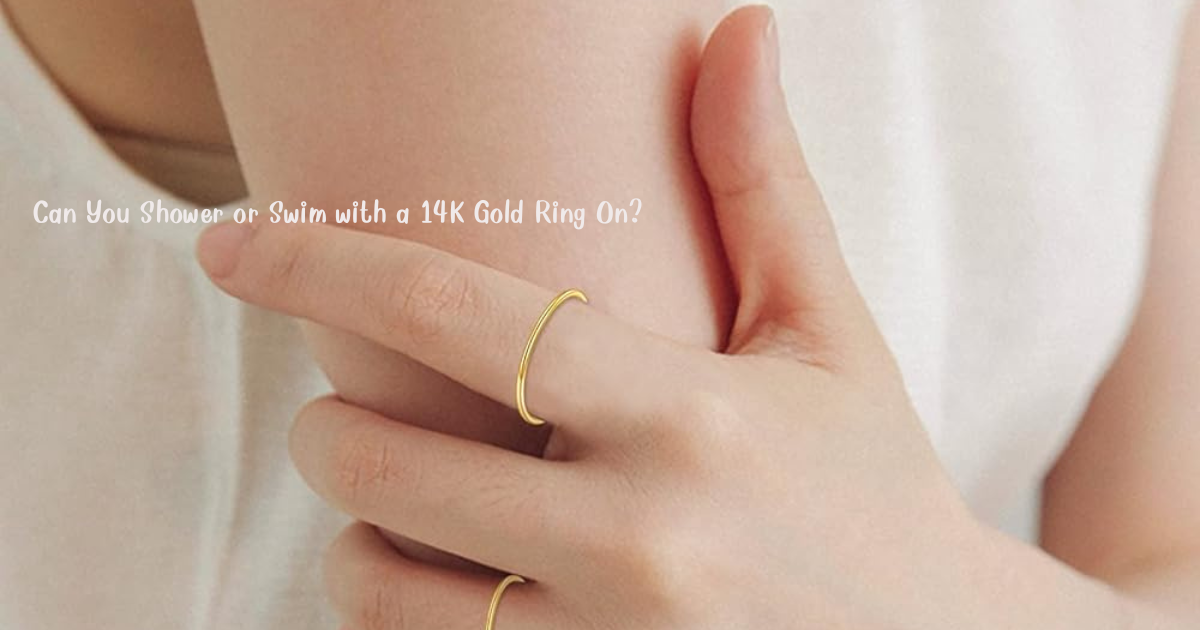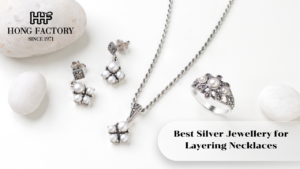Gold jewelry is often treasured for its durability and beauty, but when it comes to water exposure, many people wonder whether it’s safe to wear their rings in the shower or while swimming.
If you own a 14K gold ring, you may be tempted to keep it on all the time, but water and chemicals can affect its long-term appearance. In this article, we’ll answer whether you can shower or swim with your 14K gold ring and share care tips to protect it. Jewelry wholesale thail and
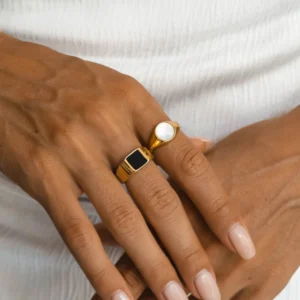
What Is a 14K Gold Ring?
A 14K gold ring is made from 58.3% pure gold and 41.7% other metals such as copper, silver, zinc, or nickel. This alloy gives 14K gold more strength than higher-karat gold while still maintaining a beautiful golden shine. It’s one of the most popular choices for wedding bands and everyday rings because of its balance between durability and elegance.
Is It Safe to Shower with a 14K Gold Ring?
Showering with a 14K gold ring on occasionally is unlikely to cause immediate damage. However, over time, exposure to soap, shampoos, and conditioners can create buildup that dulls its shine. The moisture and chemicals can also speed up tarnishing of the alloy metals within the ring.
Effects of Showering:
- Soap residue can leave a film on the surface.
- Harsh shampoos or body washes may weaken the gold finish.
- Prolonged moisture can encourage tarnishing or discoloration.
Is It Safe to Swim with a 14K Gold Ring?
Swimming poses greater risks than showering because pool and ocean water both contain elements that can harm gold jewelry.
Chlorine in Pools
- Chlorine is highly corrosive and can weaken the metal alloys in your ring.
- Prolonged exposure may cause discoloration or damage to prongs holding gemstones.
Saltwater
- Salt can erode the surface of gold over time.
- It can also create a dull finish and make your ring more prone to scratches.
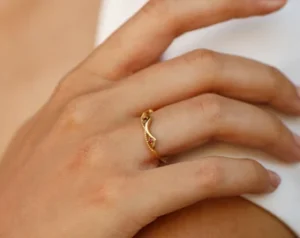
Pros of Keeping Your Ring On
- No risk of losing it if you take it off in a public place.
- 14K gold is relatively durable compared to higher-karat gold.
Cons of Wearing Your Ring in Water
- Soap and shampoo can create buildup.
- Chlorine and saltwater can damage and weaken the ring.
- Increases the need for frequent cleaning and maintenance.
Best Practices for Caring for Your Ring
- Remove Before Swimming or Showering: Safest way to protect your jewelry.
- Store Properly: Keep your ring in a jewelry box or pouch when not worn.
- Clean Regularly: Use mild soap and water at home to remove buildup.
- Professional Checkups: Jewelers can inspect and polish your ring to maintain its beauty.
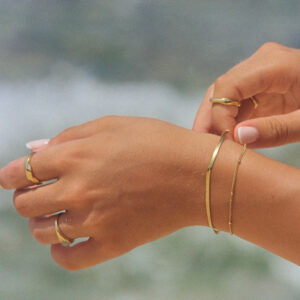
Alternatives for Daily Wear
If you want a ring you can wear constantly without worry, consider silicone rings for swimming, exercising, or heavy activities. Reserve your 14K gold ring for occasions where it won’t be exposed to harsh conditions.
While your 14K gold ring is durable, it’s not immune to damage from water, soap, chlorine, or salt. Showering occasionally with your ring may not cause immediate harm, but regular exposure will dull its shine and potentially weaken it over time. Swimming with it is strongly discouraged due to chlorine and saltwater risks.
